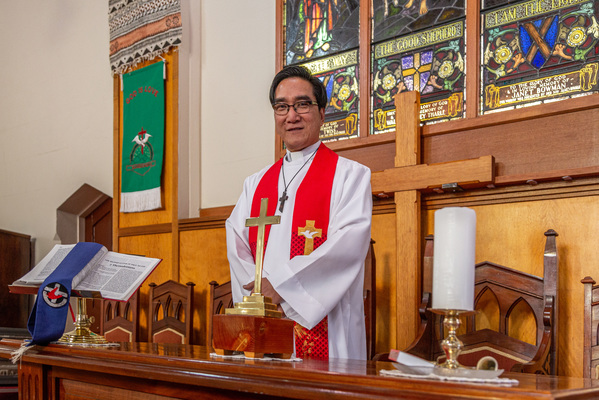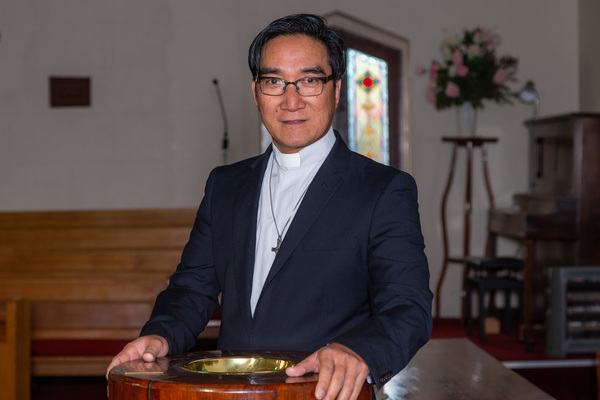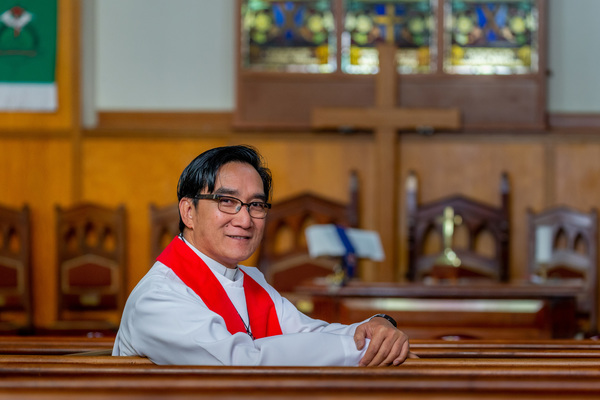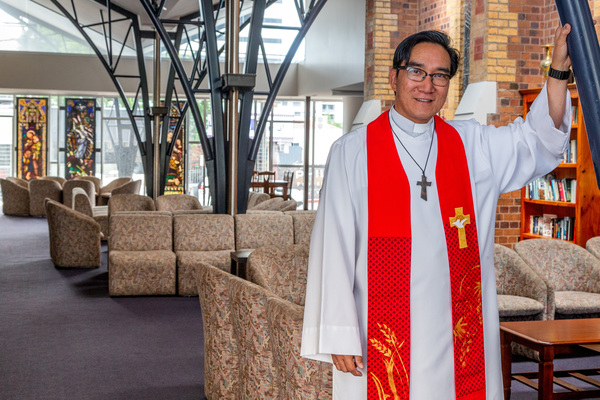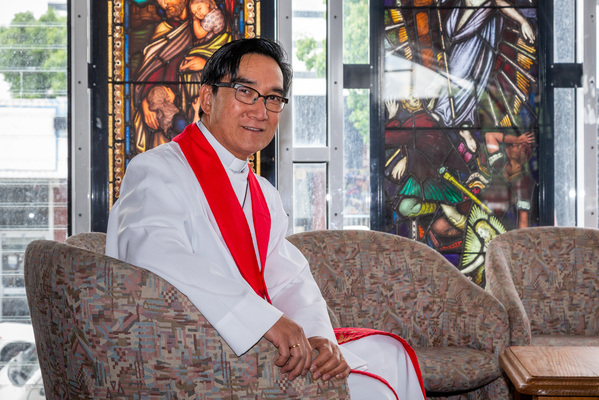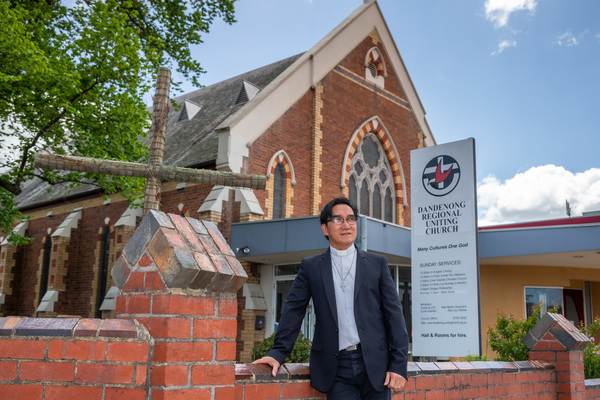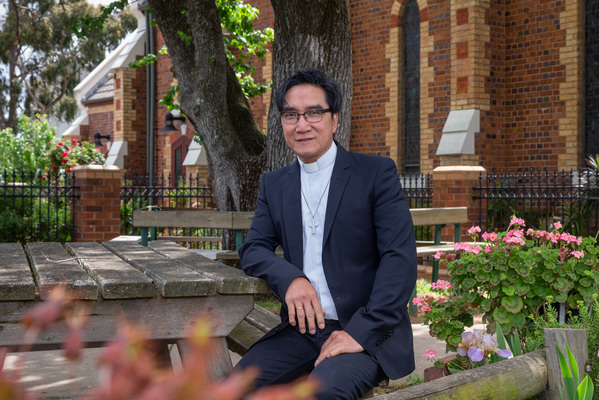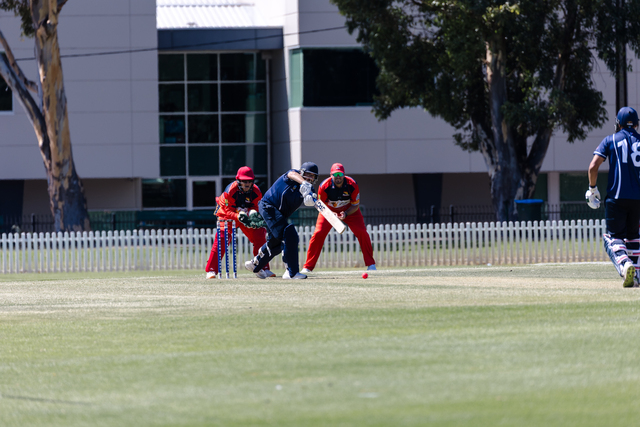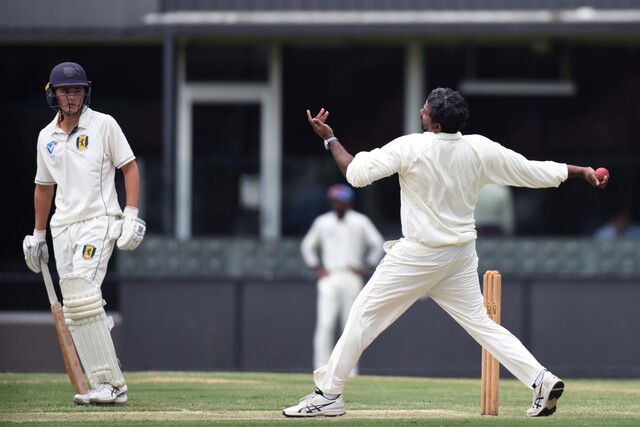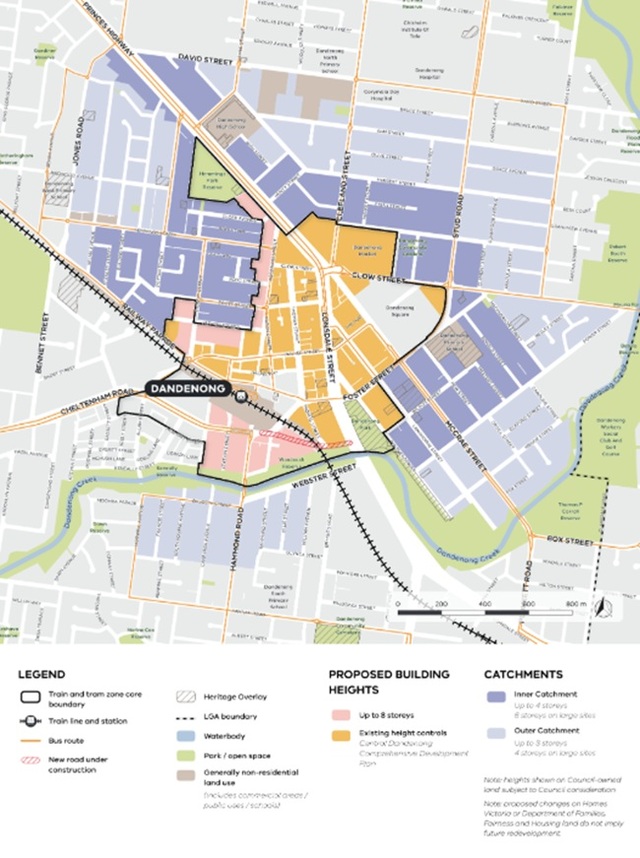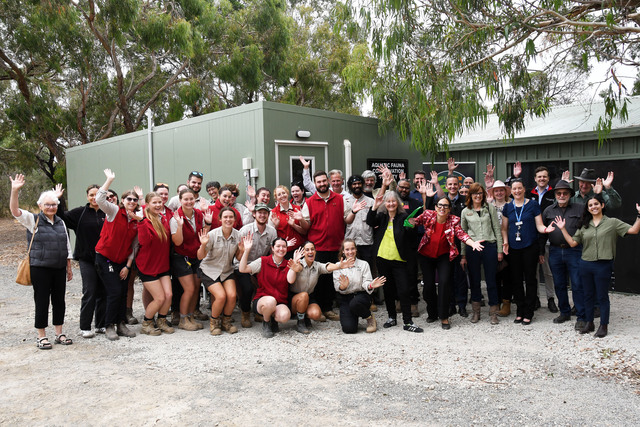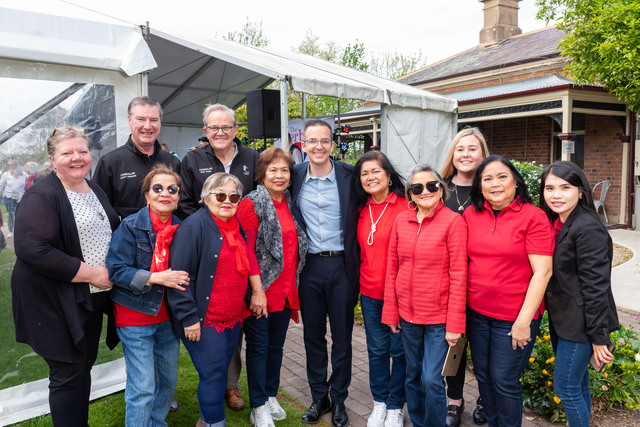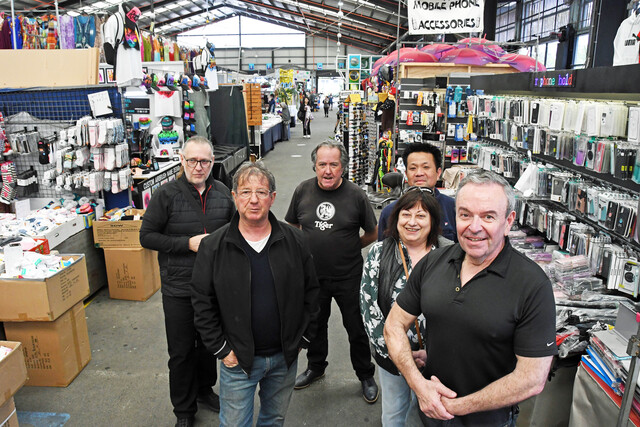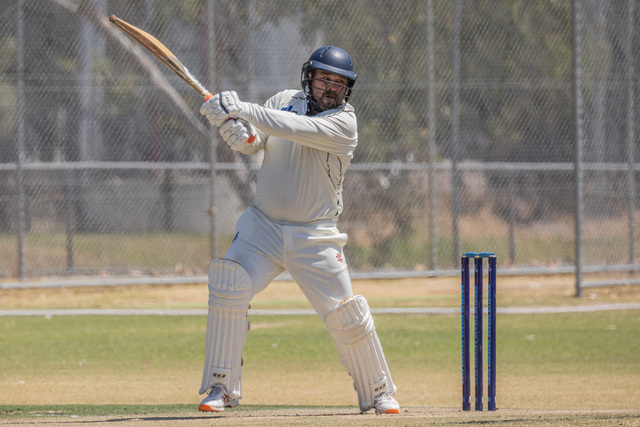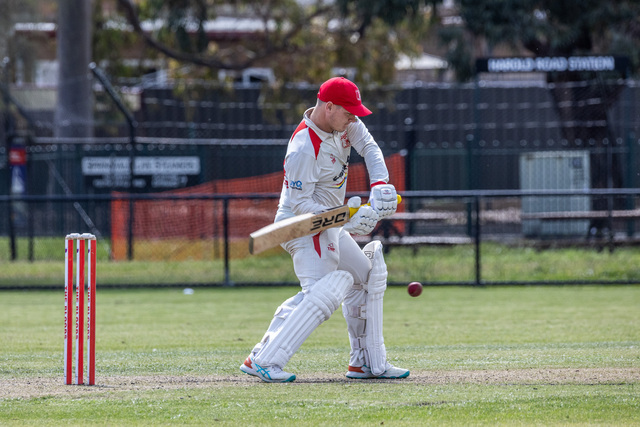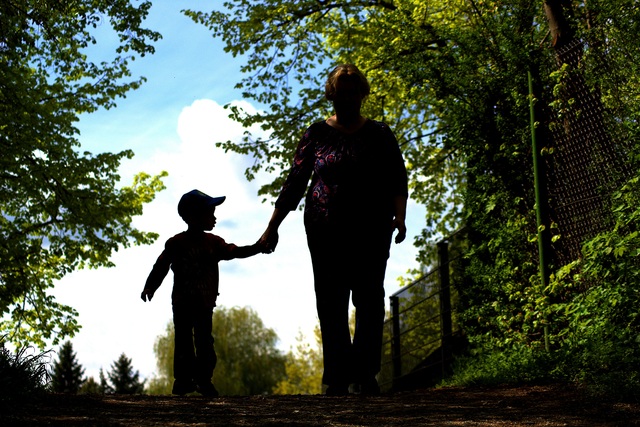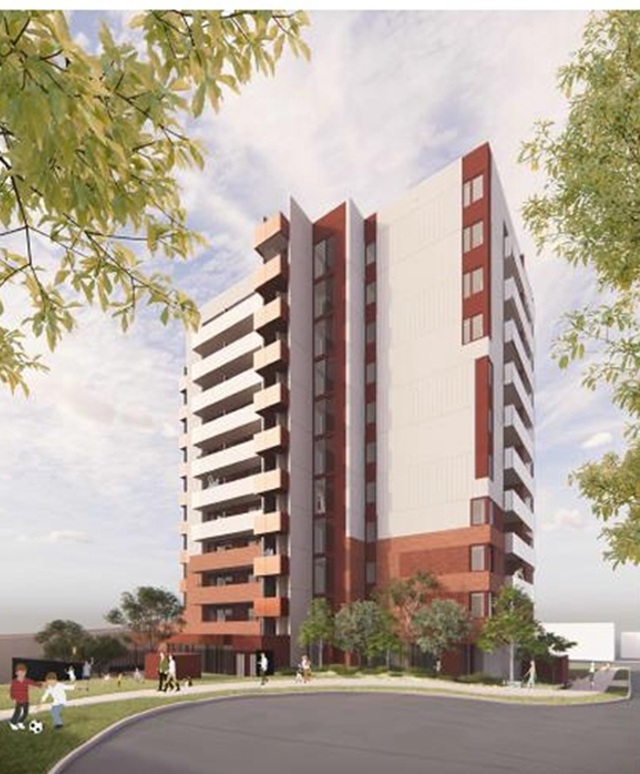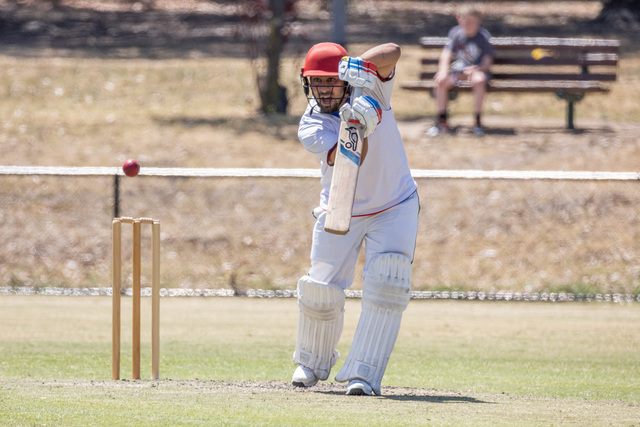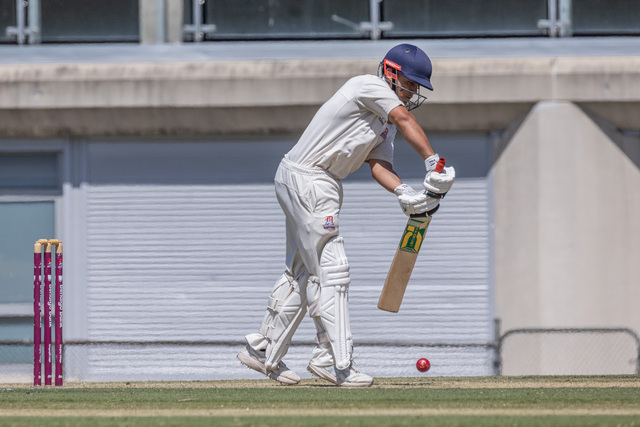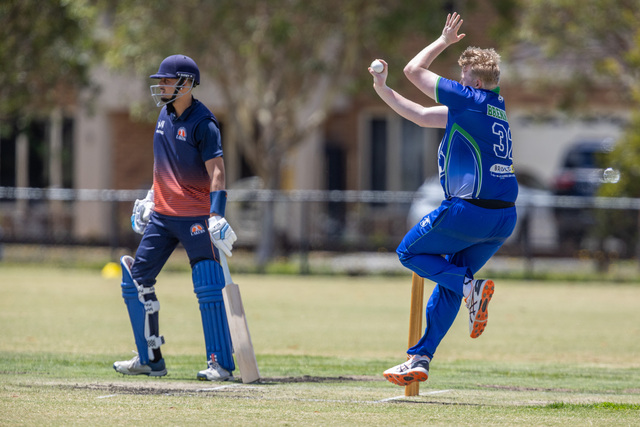Reverend Berlin Guerrero has been kidnapped, tortured and tried for a baseless murder case.
So the courageous new pastor at Dandenong’s Uniting Church – who fled from the Philippines on a tourist visa – is not afraid to be outspoken.
Least of all, against what he says is Australia’s “inhuman” policy on others who have sought safety on these shores.
“It’s become so restrictive, so inhuman. It basically makes it very hard to the point that it criminalises asylum seeking.
“It paints refugees as people who are not easily trusted and not to be welcomed.”
Mr Guerrero says the Government was “reneging its responsibility” with its cuts to the Status Resolution Support Services welfare payments to asylum seekers in the community.
“The Government is saying let the church and not-for-profit groups take care of them.”
In 2008, the then-United Church of Christ minister was abducted and tortured in a “safe-house” by naval intelligence security forces in his Filipino homeland.
He was remanded in prison for 15 months awaiting trial on trumped-up murder charges.
His true crime was criticising human rights under the then-Philippines Government led by Gloria Macapagal Arroyo, he says.
Fortunately the case was dismissed by the judiciary.
After his release, Mr Guerrero still received death threats on his phone. He had no choice but to escape.
“It was something that I didn’t plan as I went into the ministry,” he says.
“I was very vocal and active on the grave human rights abuses by the Arroyo Government at that time.
“And I was one of those arrested.”
Despite having the backing of the Uniting Church synod in Australia, it was still an agonising three-year wait for a visa.
His religious worker visa was refused because he had been offered a part time job by the synod, not a full-time position.
He gained access to Australia eventually on a tourist visa in 2011 – before being approved for a humanitarian visa.
His wife and children later joined him in Australia. He has since served as a pastor in the Albury-Wodonga region as well as working for the synod.
It’s still too unsafe for him to return to the Philippines, he says.
Human rights have further deteriorated under the “tyrannical” Roderigo Deturte Government which has employed martial law.
In Dandenong, Mr Guerrero is getting to know his diverse congregation and its 14 different languages.
“I’m very glad at the way I’ve been welcomed.
“It’s an indication that they would welcome my particular point of view as a minister and a Filipino – that I’m adding something to the mix.”
His human rights stance stems from his Christian convictions, he says.
“Life is meant to be offered in the service of others.
“I saw that it’s the Filipino people that need to be served, especially uplifting them from suffering and oppression against a very repressive regime.”
Mr Guerrero grew up in poverty, like most families without “necessities of life”. They didn’t share in the country’s abundant riches such as gold and other minerals.
“I saw I was part of this huge mass of people who are not secure in their lives or their future.”
And how does Mr Guerrero see the state of human rights in Australia?
He is concerned by what he sees as an attack on “working people” and unions.
“If Australia is not able to uphold and protect refugees who are the most vulnerable members of society, how much more would it look after the welfare and rights of its own citizens?”

